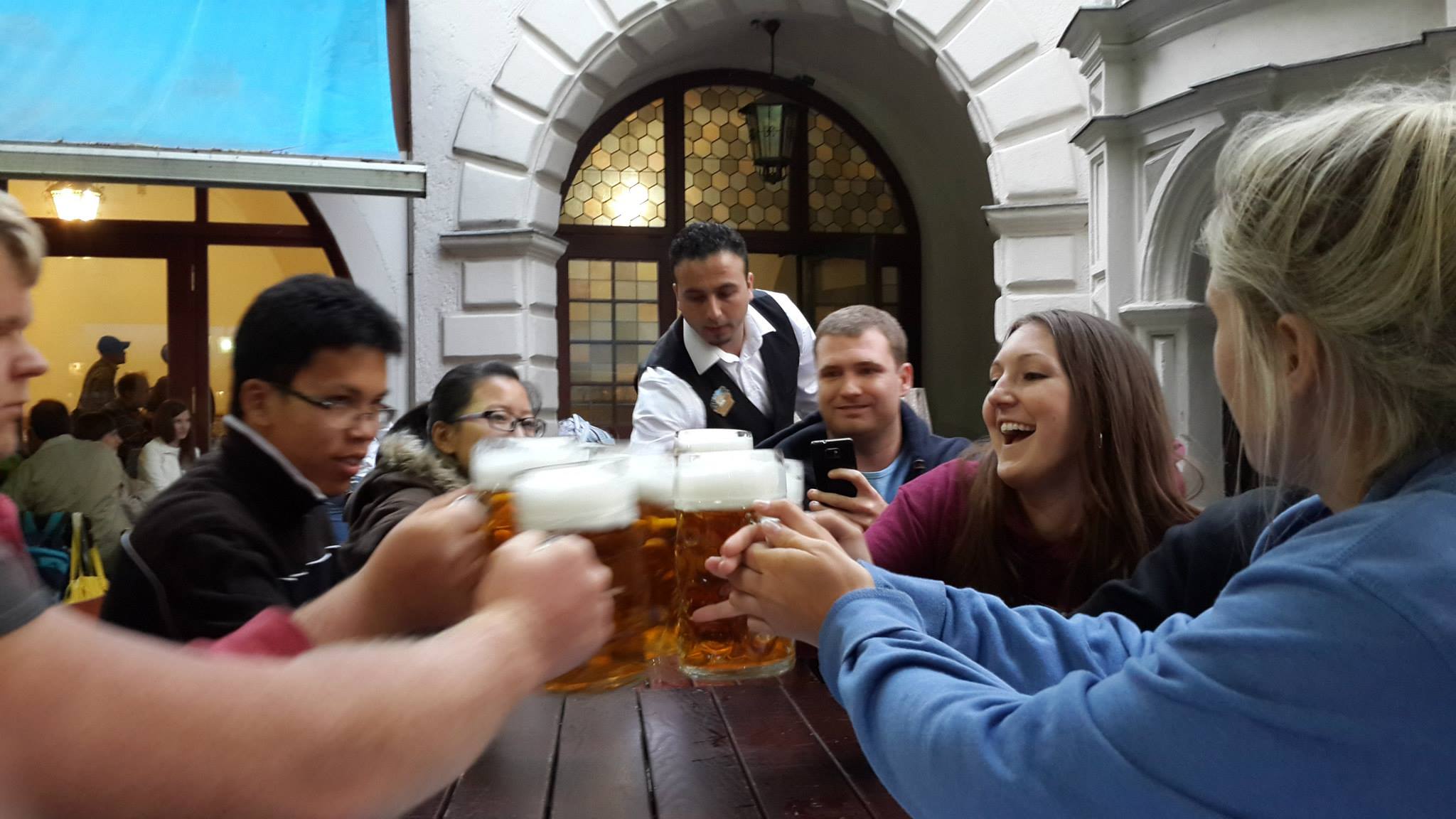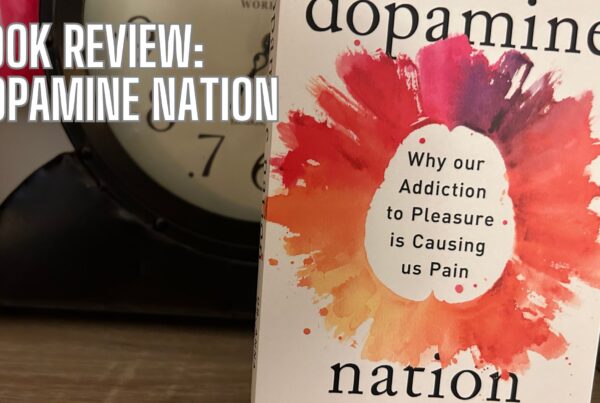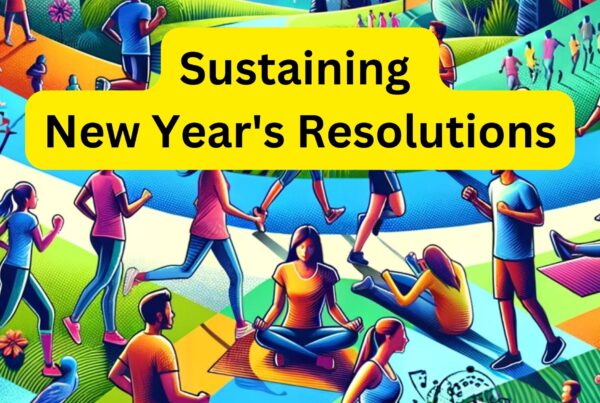The Social Dilemma: Why Friends Push Us to Drink
‘The Social Dilemma: Why Friends Push Us to Drink’ is inspired by an article written by Simon Lenton of Curtin University. If you’d like to check out the original article, you can find it here.
The Universal Phenomenon of Social Drinking
Have you ever noticed how your friends encourage you to drink and get disappointed if you decline? You might wonder if this is just an Australian thing. However, this phenomenon is not unique to any one country.
Research has shown that people around the world feel pressured to drink in social gatherings. From the USA to Finland, different countries and cultures show similar patterns. Drinking norms might differ across various social and cultural groups, but the pressure is a common factor.
Imitating Our Pals: The Influence of Friends on Drinking Habits
In certain groups, heavy drinking seems to be the norm. If you’re in one of these groups, your drinking habits could be largely swayed by the explicit or unspoken rules around alcohol consumption. Isn’t it interesting how we fall in line with what our friends are doing?
Victorian research highlighted that social drinkers often feel more pressure to drink. It’s even greater for those labeled as “risky drinkers,” who consume more than six standard drinks in a session at least weekly. If you drink more, you’re likely to find yourself among others who do the same.
Most studies on this subject focus on teenagers and college students, probably because peer influence is strongest at that age. Some even suggest that the ability to resist peer influence doesn’t grow much between ages 18 to 30.
Young adults who are socially anxious or overly concerned about others’ opinions may drink in a risky manner. The influences on our drinking practices can be direct, like someone buying you a drink even when you’ve refused, or indirect, like observing others’ behavior.
Why Do Friends Encourage Us to Drink?
Understanding why friends pressure us to drink is not an easy task. But there are insights from social psychology and sociology that give us clues.
We humans are tribal creatures. Our ancestors needed to form groups to survive, and as a result, we evolved to conform to group norms. If you start doing something against the group’s norms, like refusing a drink, it can challenge the group’s behavior.
This is where things get interesting. When you decide to cut down or stop drinking, it’s as if you’re showing a mirror to your friends, suggesting they reflect on their own drinking habits. This can lead to them encouraging you to start drinking again, just like them.
Tips to Navigate Peer Pressure in Drinking Situations
The road to resisting drinking pressures can be tricky. Here’s a bit of guidance for you:
- Expect Opposition: Your friends might not be trying to undermine you, but rather dealing with their own insecurities.
- Prepare and Rehearse: Plan your response and maybe even have a cover story ready.
- Remember Your Reasons: Keep in mind why you’re cutting down or quitting.
- Seek Support from Allies: Talk to someone who might support your decision in the group.
- Manage the Rounds: Stay out of buying rounds or ask for a non-alcoholic drink for yourself.
- Know When to Leave: If the pressure continues, you might want to consider whether these are the friends you want to be around while changing your drinking habits.
So there you have it, an in-depth look at why our friends might push us to drink and some ways to deal with it. It’s a complex issue but understanding the underlying psychology and social dynamics can equip you to navigate these situations more comfortably.
For the full details and additional insights, don’t forget to check out Simon Lenton’s original article.
Book Your FREE 30 Minute Consultation With Release Hypnosis NOW!
You may also like to read:
How To Stop The Negative Thoughts From Taking Control
The Mindfulness Toolkit
The Importance of Acceptance To Mental Health
Unlock The Power Of Your Mind With a Hypnosis Audio Recording








